【新唐人2012年1月9日訊】中國第四次全國金融工作會議1月7號在北京閉幕。會議的中心議題「控制金融風險」,以「穩」為基調。有學者指出,2012年中國的經濟「險像環生、危機四伏」,但在今年中共高層權力交接前,「穩定壓倒一切」的前提下,當局能採取的措施極爲有限,經濟硬著陸已經無法避免。
5年一度的金融工作會議,一向被視為金融業的「風向球」。這次會議主要聚焦規範民間資本、地方債務等金融風險。
在此之前,溫家寶在元旦期間視察湖南地區時,曾對未來中國經濟形勢發出風險警告說:中國正處在經濟下滑和物價高位並存的狀況,目前問題的核心是市場偏冷。
他坦言:「今年第一季度對中國經濟來說可能是困難的」。這增加了人們對中國經濟可能大幅下滑的擔憂。
而日前,在《搜狐財經》策劃的「2012年中國經濟形勢預測」活動中,上百位知名經濟學家、學者和機構,對中國的經濟形勢普遍持悲觀態度。超過96%的學者認為,2012年中國的GDP增速將放緩。
台灣「中華經濟研究院」研究員吳惠林教授表示,中國的發展是以資源為代價,現在資源耗盡,給中國造成的這種天災型的經濟災難更難以解決。
美籍華人律師,《中國即將崩潰》一書的作者章家敦(GORDON CHANG)則認爲,全球經濟危機,特別是歐美市場需求的衰減,對中國依賴出口的經濟影響越來越大。從目前大陸的經濟情況看,當局想和2008年金融危機時,以巨額資金投入金融市場來刺激經濟,已經不可能。
章家敦:「現在,中國正面臨著嚴重的經濟問題。我相信溫家寳非常清楚這一點,因此,他正試圖降低公衆對經濟發展的期望。因爲他知道現在所面臨的問題是他目前根本就無法解決的。這一次,北京當局將不再有2008年經濟危機時期的靈活性。因爲銀行已經被他們自己製造的壞賬拖垮,我們目前不清楚這個影響到甚麽程度,但是這和通脹一樣都是他們採取措施的限制。」
據《21世紀經濟報導》透露,這次金融工作會議定位於「後危機時期的危機消化」。主題之一是:2009年四萬億刺激政策推出以來,不斷湧現的「地方政府融資平臺」和膨脹的「地方債務」問題。
報導還說,此前外界討論的,諸如成立金融國資委、完善金融監管協調機制等議題,這次討論的不多,這些議題暫時難以形成實質性的成果。
《德國之聲》文章認爲,中國的經濟及社會體制已顯現諸多裂痕,社會在分化,差距愈發大,與之相伴的則是越來越頻繁的群眾抗議事件。而今年秋天,中共還面臨領導層換屆。在權力交接完成之前,依舊是「穩定壓倒一切」。
章家敦也表示,今年開始的中共領導人政治交接,影響了北京不能採取有效行動。目前北京技術官僚可以實行的只會是微不足道的措施。
章家敦:「我不認爲他們(中共)能實現經濟軟著陸。相反,中國的經濟將會是非常非常硬的硬著陸。」
新唐人記者秦雪、李明飛、葛雷採訪報導
Hard Economic Landing for China: Risk Control Focus of Financial Conference
Anchor:
The 4th National Conference on Financial Work concluded
on January 7th in Beijing.
The theme of the conference is how to control financial risk
in order to maintain social stability.
Scholars commented that, China's economy is facing a
profoundly dangerous future in 2012.
However, the Chinese Communist Party (CCP) will carry out
a power handover this year.
It will follow the principle of “stability overrides everything”
in a more thorough way.
This restricts the available regulatory measures to a very
limited range.
Therefore it is almost unavoidable that China's economy
will make a “hard landing”.
The National Conference on Financial Work, held every five
years, is a “weather vane” for future financial policies.
It focused on financial risk control, including regulating
non-governmental capitals, and dealing with local debts.
On New Year's Day, Chinese Premier Wen Jiabao warned
on China's future economy, while visiting Hunan province.
He said economic decline and high CPI were both present
in China.
The fundamental problem still lies in the market slump.
Wen has admitted that, the first season in 2012 will probably
be a difficult one for China's economy.
These words have induced increasing worry that China's
economy will plummet very soon.
The business channel at sohu.com invited economists,
scholars and institutions to predict China's 2012 economy.
Most appeared pessimistic, with more than 96% of scholars
agreeing that China's GDP growth will slow down this year.
Prof. Wu Huilin, a Senior Researcher at the National Institution
on Economic Research in Taiwan, commented on the issue.
China was a developing economy, at the cost of over-using
it's natural resources.
Now those resources are almost completely consumed,
which causes an inevitable calamity for the economy.
Gordon Chang, American lawyer and author of “The Coming
Collapse of China” discussed this issue.
The global economic crisis, especially the sharp decline in
demand from Europe and US, had an enormous effect.
China is an export-dependent economy, and under the
current situation it has been impossible for the CCP to
invest money into the financial market again, as it did in
2008 to support growth.
(Gordon Chang): ”China's economy is in great trouble now.
I believe Wen Jiabao is very clear about this, and that's why
he is trying to lower public expectations on economic growth.
He knows there's no way to resolve those problems in a
short period.
Also, this time the CCP regime no longer has make choices,
like it had in 2008.
The banks have crashed, due to vast amounts of debt,
though we are still not sure on what effect this will have.
Just like inflation, this limits the available choice in dealing
with the problem.”
According to 21st Century Economic Report, the theme of
the conference was “crisis management at a later stage”.
One of the subjects is how to deal with the continuously
emerging “local governmental financing platforms”.
It also looks at how to deal with exploding local debts, after
the 4-trillion Yuan's stimulus to boost the economy in 2009.
The report also mentioned that, during the conference
there's little discussion on many expected topics.
This includes setting up a new agency in managing
state-owned assets.
It also includes improving financial activity supervising
systems. No substantial progress has been made.
An article by Deutsche Welle commented many problems
are emerging in China's economic and social systems.
The gap between the rich and the poor is expanding,
which is accompanied by more mass protests.
This autumn there's a new round of power handover
inside CCP.
Before the handover, “stability overrides everything” will
still dominate all governmental decisions.
Gordon Chang made a similar comment, that officially, the
CCP will only carry out some minor steps this year.
The power handover will prevent the CCP from taking any
effective action on economic problems.
(Gordan Chang):”I don't think the CCP can land its
economy softly.
On the contrary, China's economy will suffer a hard landing,
probably a very hard one.”
NTD reporters Qin Xue, Li Mingfei and Ge Lei
看下一集
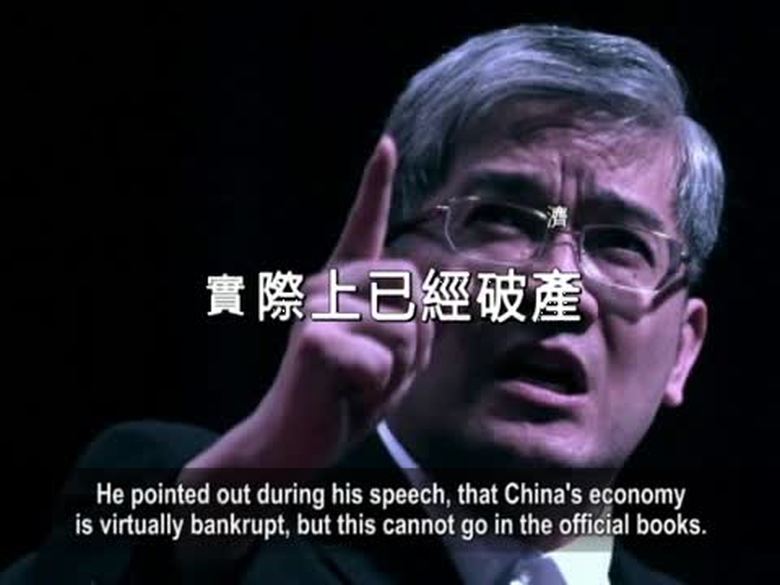
【禁聞】天滅中共網在收:經濟危機成定局
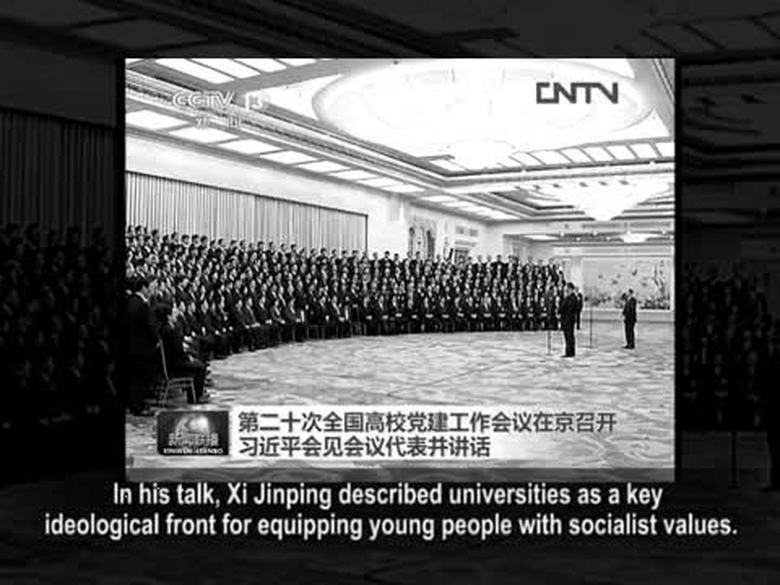
【禁聞】習近平下令管控大學生 懼六四重演?
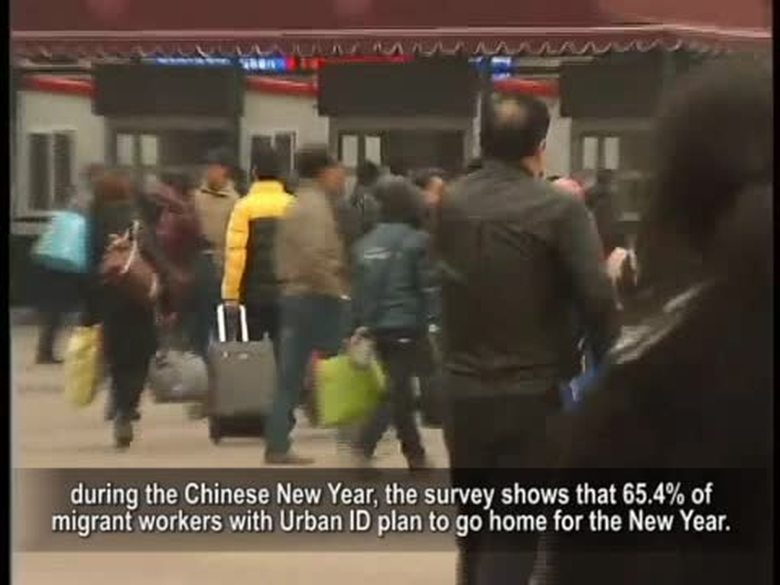
【禁聞】新年返鄉一票難求 「跨國回家」
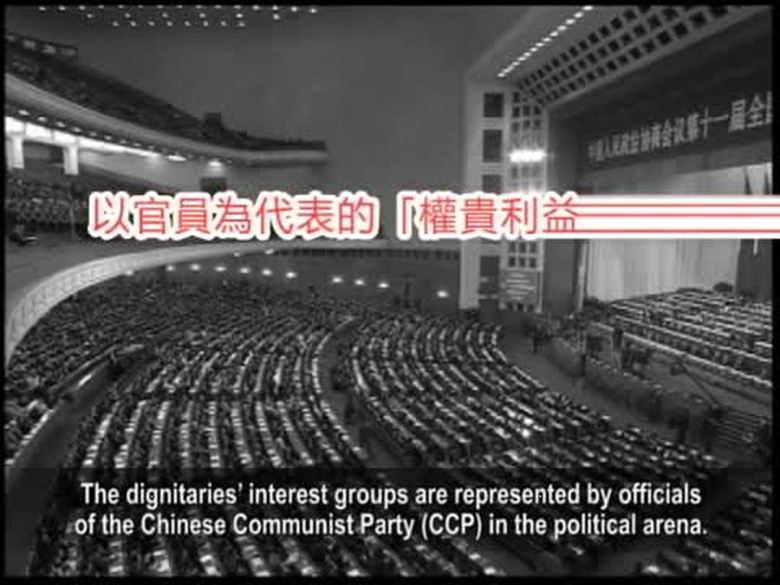
【禁聞】學者呼籲中國「普選」
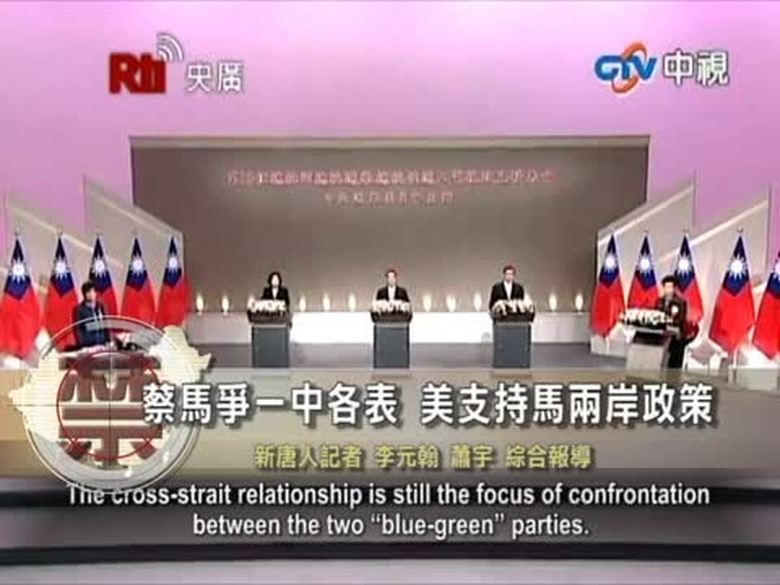
【禁聞】蔡馬爭一中各表 美支持馬兩岸政策
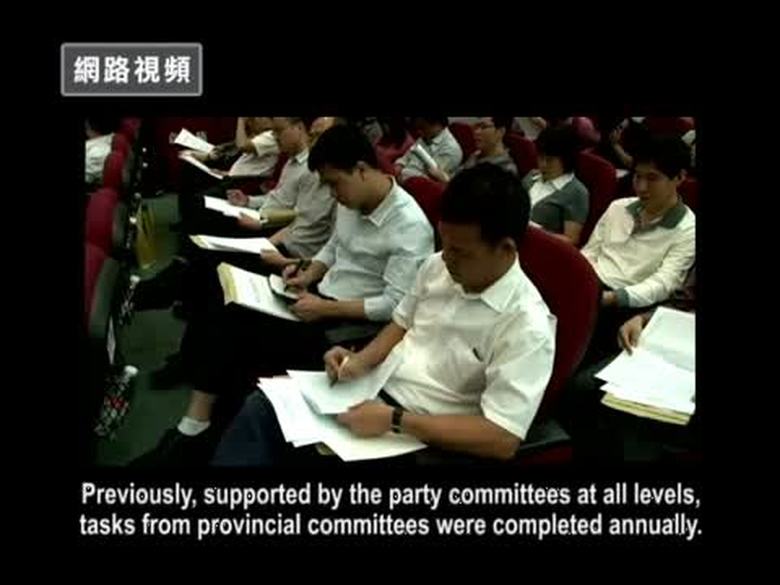
【禁聞】國企拒訂黨報 說明甚麼信號?
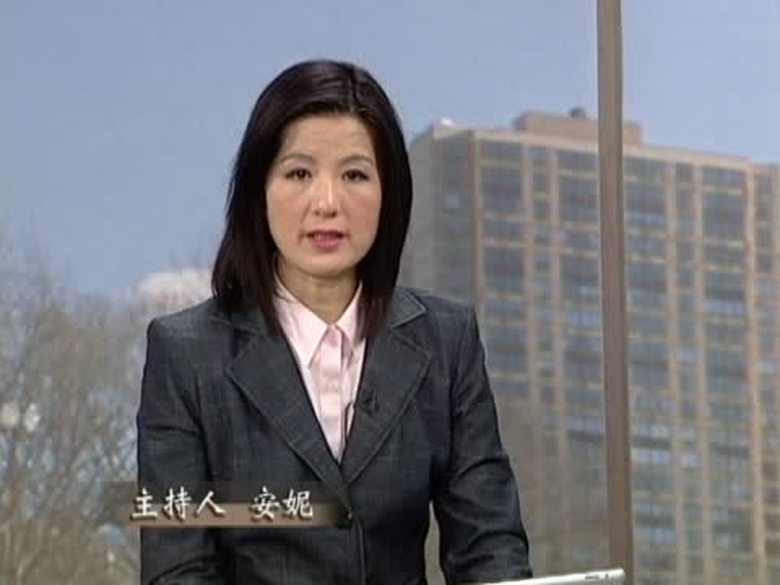
【禁聞論壇】中國金融界的醜聞
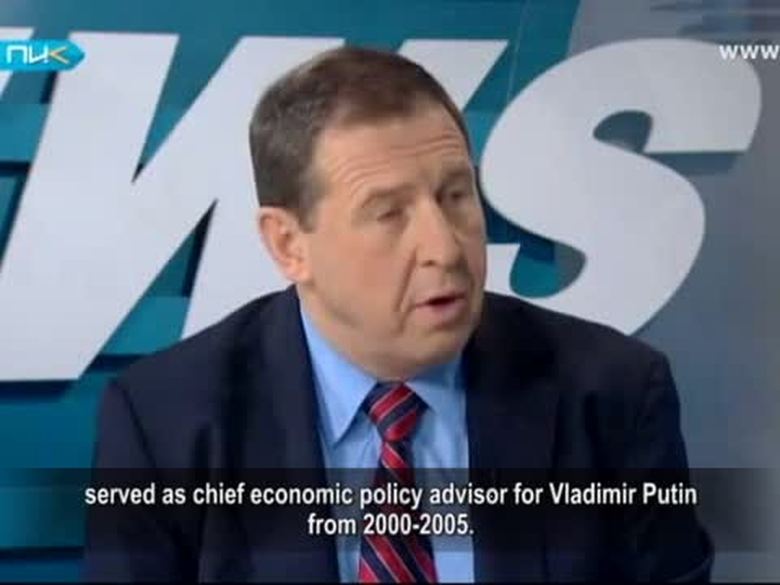
【禁聞】普京前顧問:中國退黨潮是重大事件
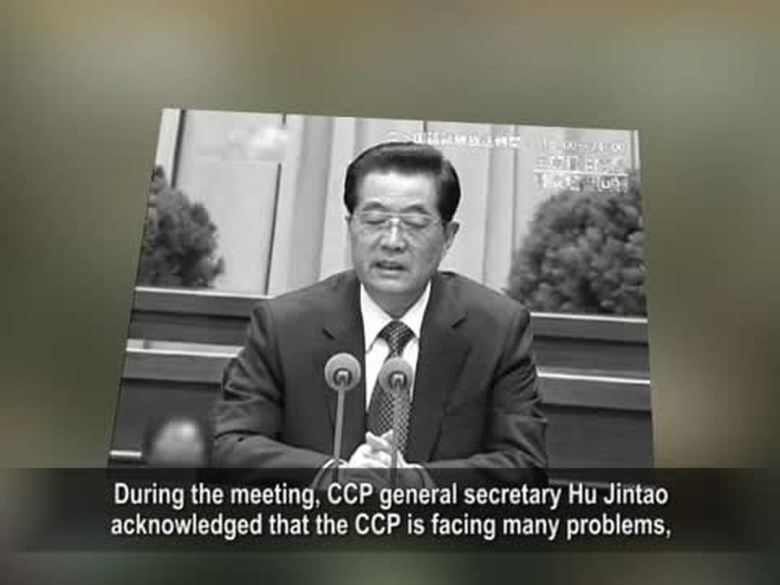
【禁聞】18大前 胡錦濤談換屆紀律有乾坤?
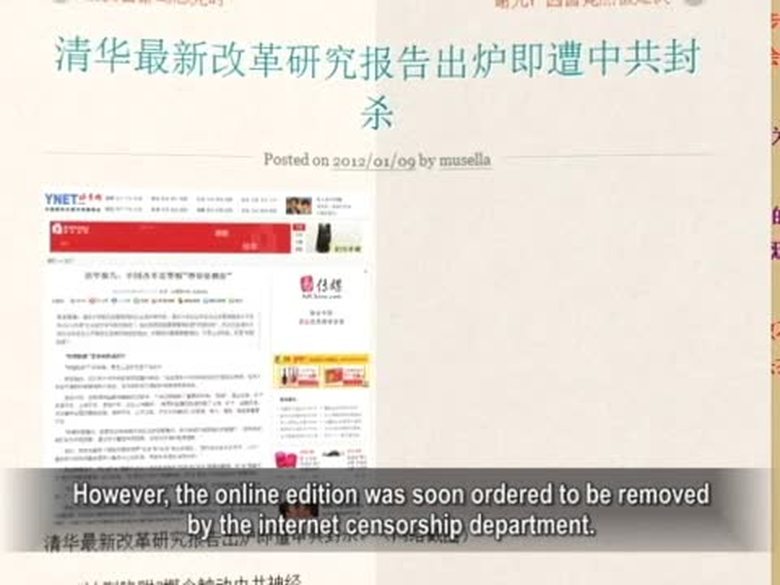
【禁聞】清華大學報告﹕「維穩」綁架改革
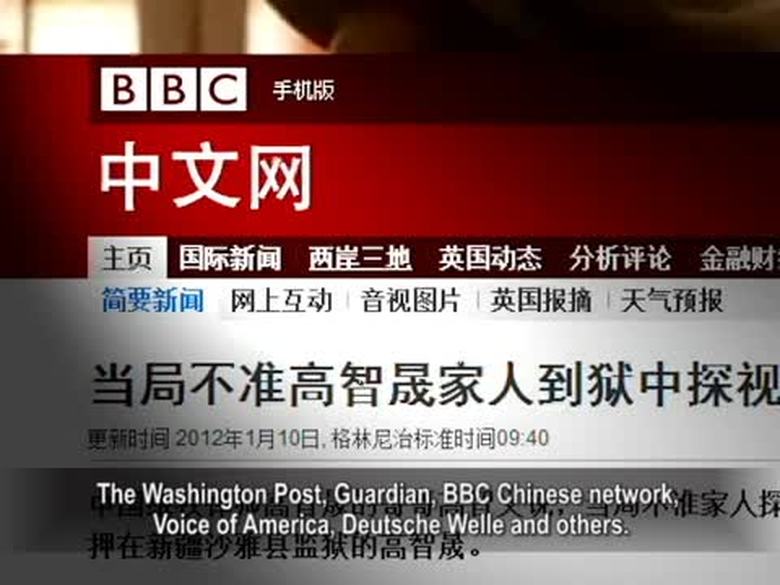
【禁聞】高智晟安危引世界聚焦沙雅
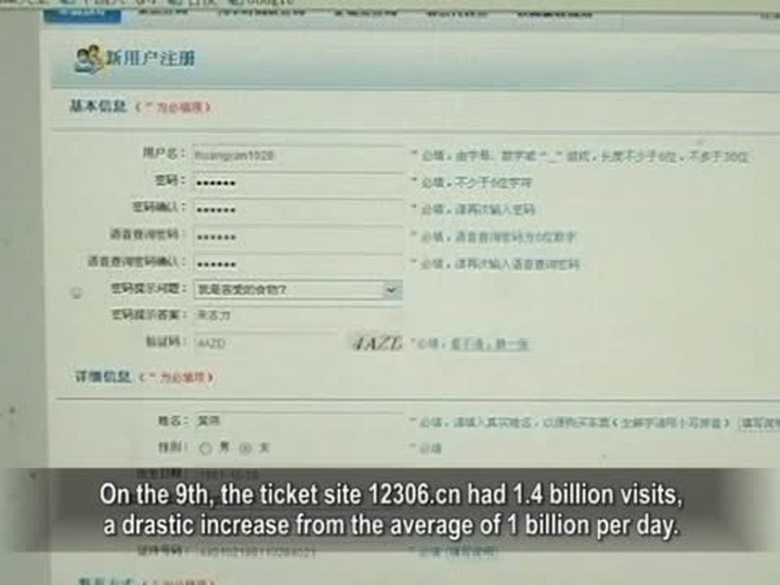
【禁聞】訂票網站近癱瘓 國企壟斷被詬病
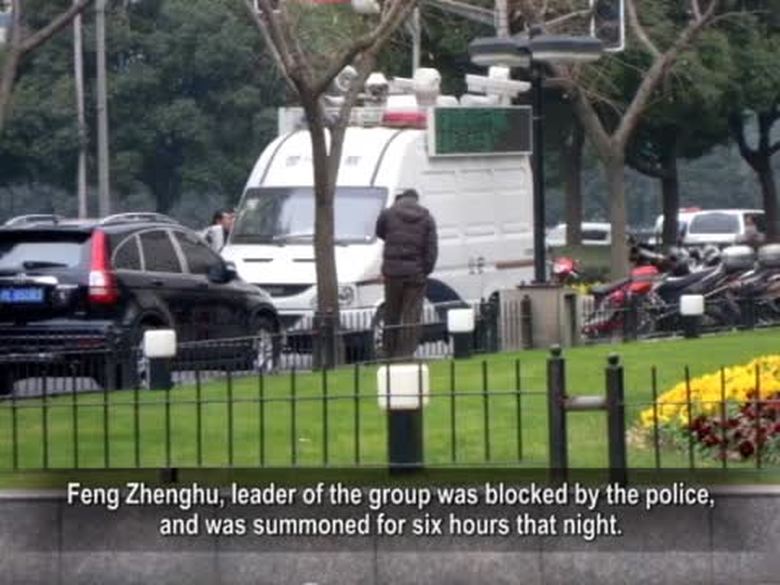
【禁聞】民眾請願示威 地方人大「刁民論」
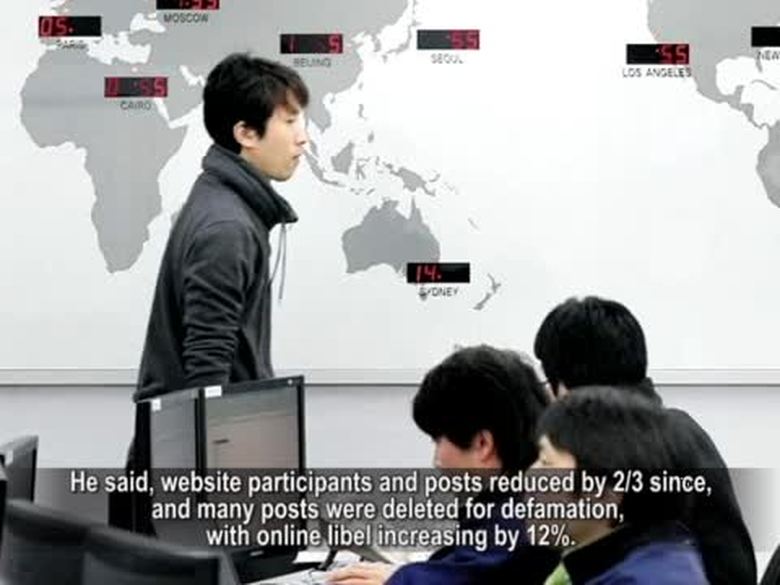
【禁聞】韓國實名制叫停 中共實名遭質疑
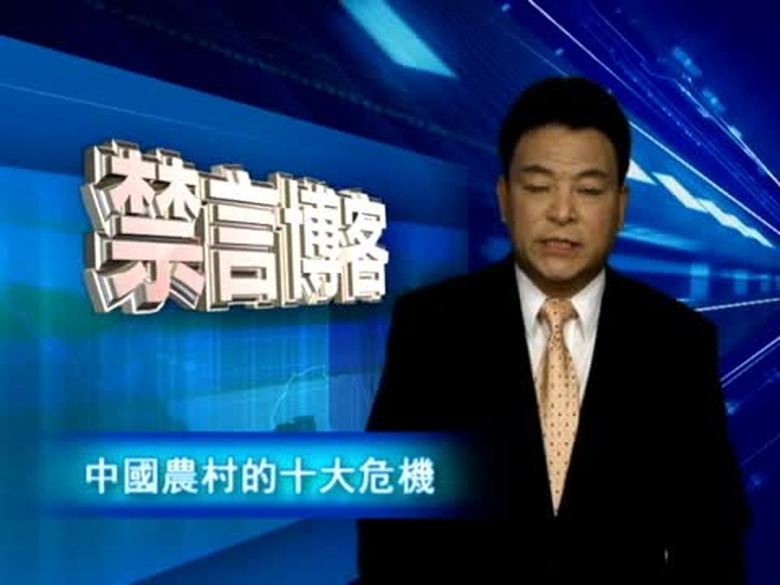
【禁言博客】中國農村的十大危機
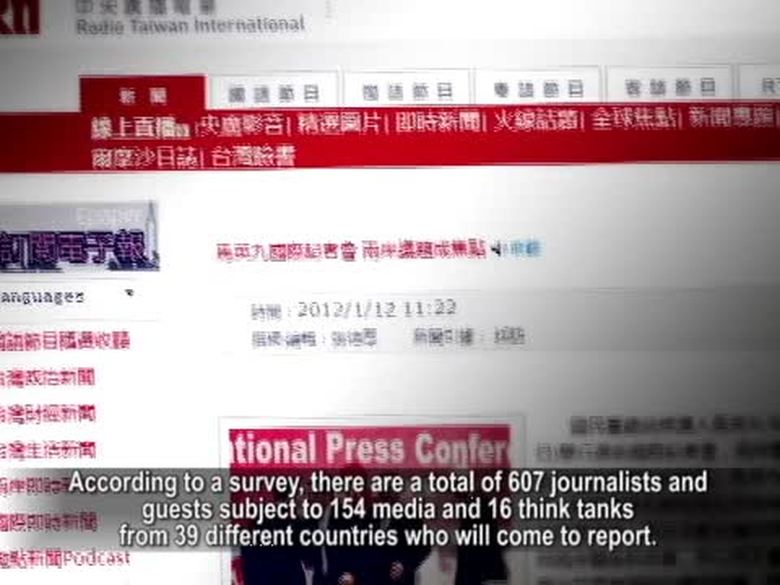
【禁聞】台灣大選倒計時 選民抉擇兩岸未來








